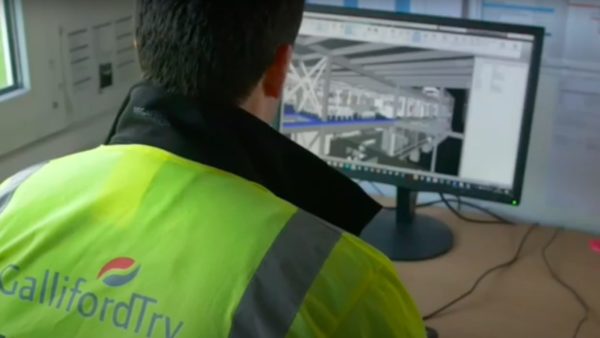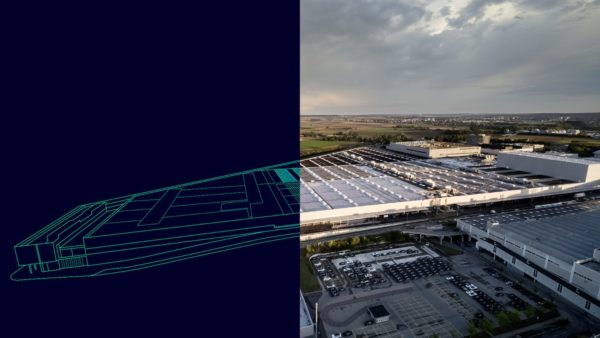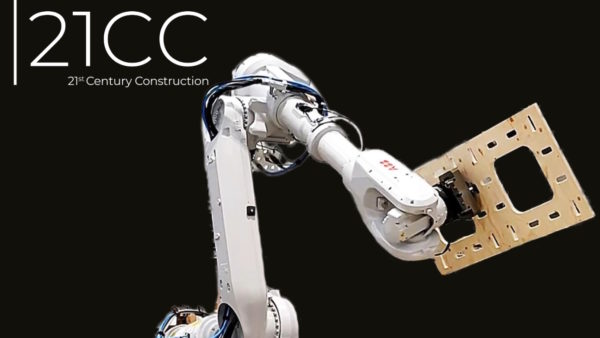Construction and digital technology looks set to feature in the Autumn Budget with the chancellor Philip Hammond expected to announce £5bn to boost housebuilding to 300,000 a year along with £75m for digital and construction skills.
Philip Hammond told the BBC that this week’s Budget will set out how the government will build 300,000 new homes a year.
He said ministers want to speed up developments where planning permission has been granted and give more help to small building firms.
Labour says ministers “still have no plan to fix the housing crisis”.
The shortage of housing is expected to be one of the themes of the Budget, with Hammond under pressure to ease the difficulties faced by first-time buyers trying to get a deposit.
The chancellor also told the BBC the objective was to have “fully driverless cars"’ without a safety attendant on board in use by 2021.
“Some would say that’s a bold move, but we have to embrace these technologies if we want the UK to lead the next industrial revolution,” he said.
The UK’s largest trial to date of connected and autonomous vehicle technology has moved onto public roads, with the Arup-led consortium, UK Autodrive, starting in-city trials on the streets of central Coventry.
Project partners Jaguar Land Rover, Ford and Tata Motors European Technical Centre (TMETC) have begun to collaboratively trial a number of connected car features in the city, with Jaguar Land Rover and TMETC also separately trialling their autonomous research vehicle technologies.
The connected car trials are exploring the benefits of having cars that can “talk” to each other and their surroundings – with connected traffic lights, emergency vehicle warnings and emergency braking alerts among the technologies being trialled (see full list of UK Autodrive connected car use cases below).
The Jaguar Land Rover and TMETC autonomous vehicle research technology trials are being used to develop self-driving vehicle technology in a real-world setting, but with highly trained test operators supervising the cars at all times.
Further trials are scheduled to take place in Coventry and Milton Keynes early next year followed by a final series of open road demonstration events in both cities during the second half of 2018.
“The fundamental purpose of UK Autodrive is to get connected and autonomous vehicle technology out onto UK roads, so the start of trialling on the streets of Coventry is clearly a major landmark both for the project and for the UK as a whole,” said Tim Armitage, Arup’s UK Autodrive project director.
“Our previous private test track trials showed that the technology works but it is only on real roads that we will start to see the scale of the benefits that it can bring.”
In the Budget, Mr Hammond is also expected to announce:
- £75m for artificial intelligence;
- £400m for electric car charge points;
- £100m to boost clean car purchases;
- £160m for next-generation 5G mobile networks across the UK;
- £100m for an additional 8,000 fully-qualified computer science teachers supported by a new National Centre for Computing;
- £76m to boost digital and construction skills;
- Funding for 5G technology will go towards the National Cyber Security Centre to ensure the security of the mobile network, as well as testing on roads to help provide the network needed for driverless cars;
- A further £35m will be used to give rail passengers reliable mobile connections and “lightning-speed” internet during journeys. Trials are due to begin on the Trans-Pennine route, which connects Leeds, Manchester and Liverpool.
Image: Christopher Ware/Dreamstime















